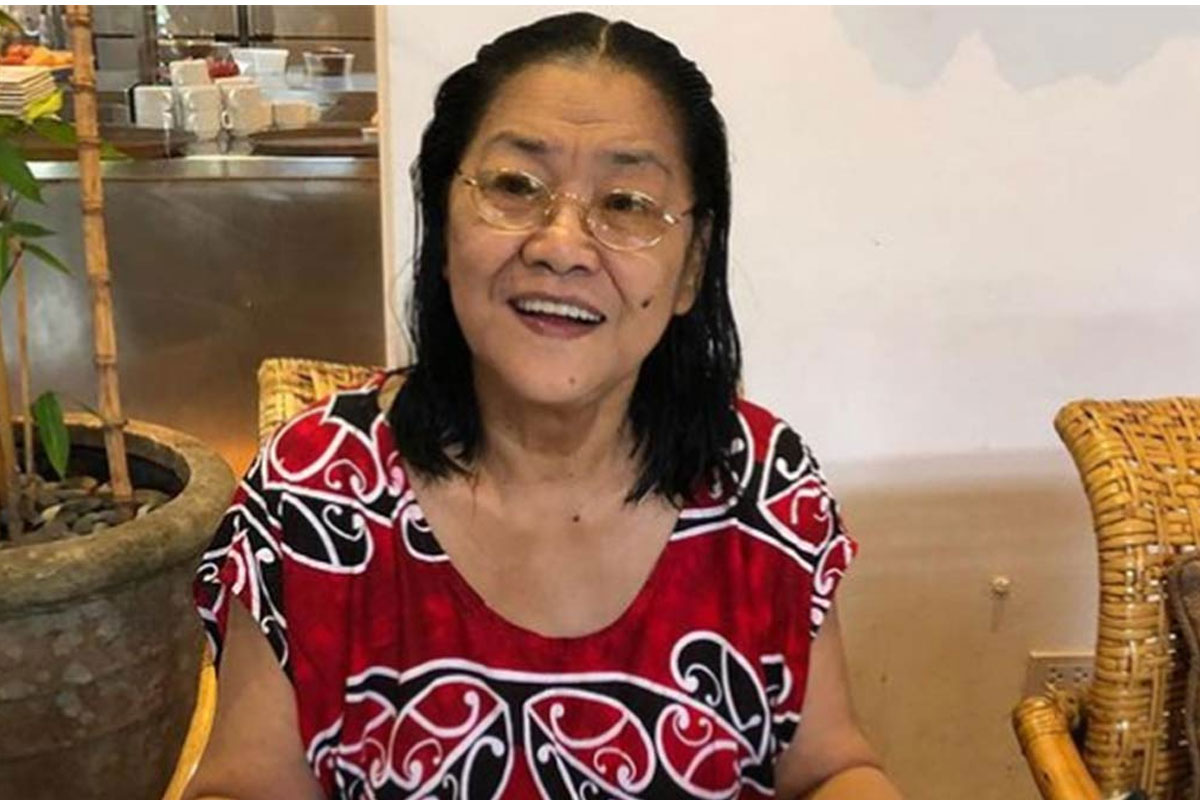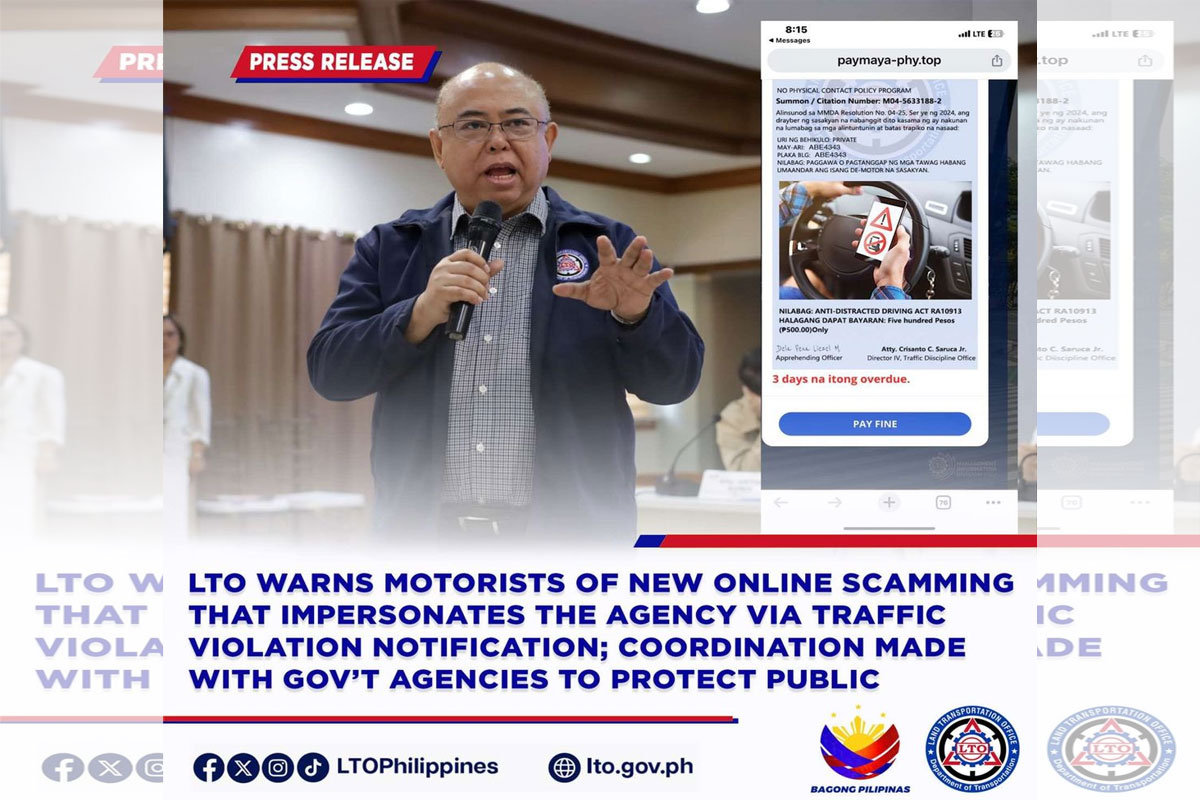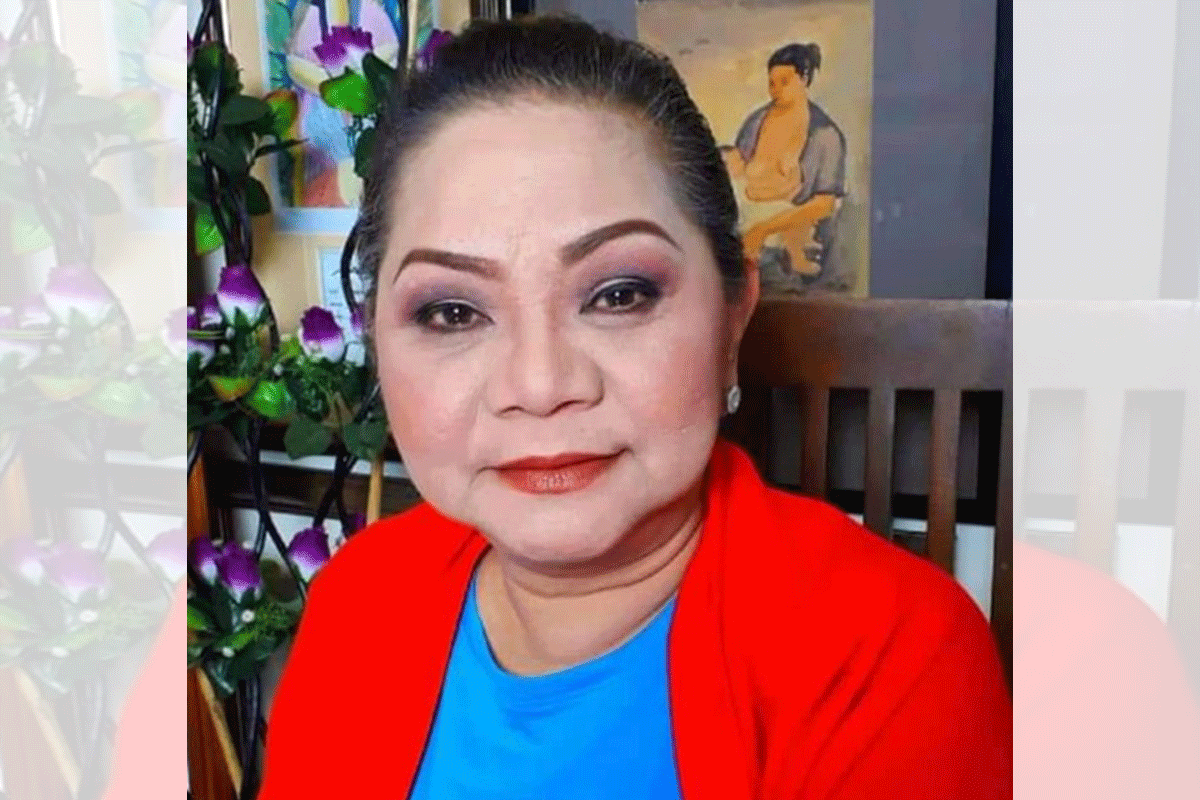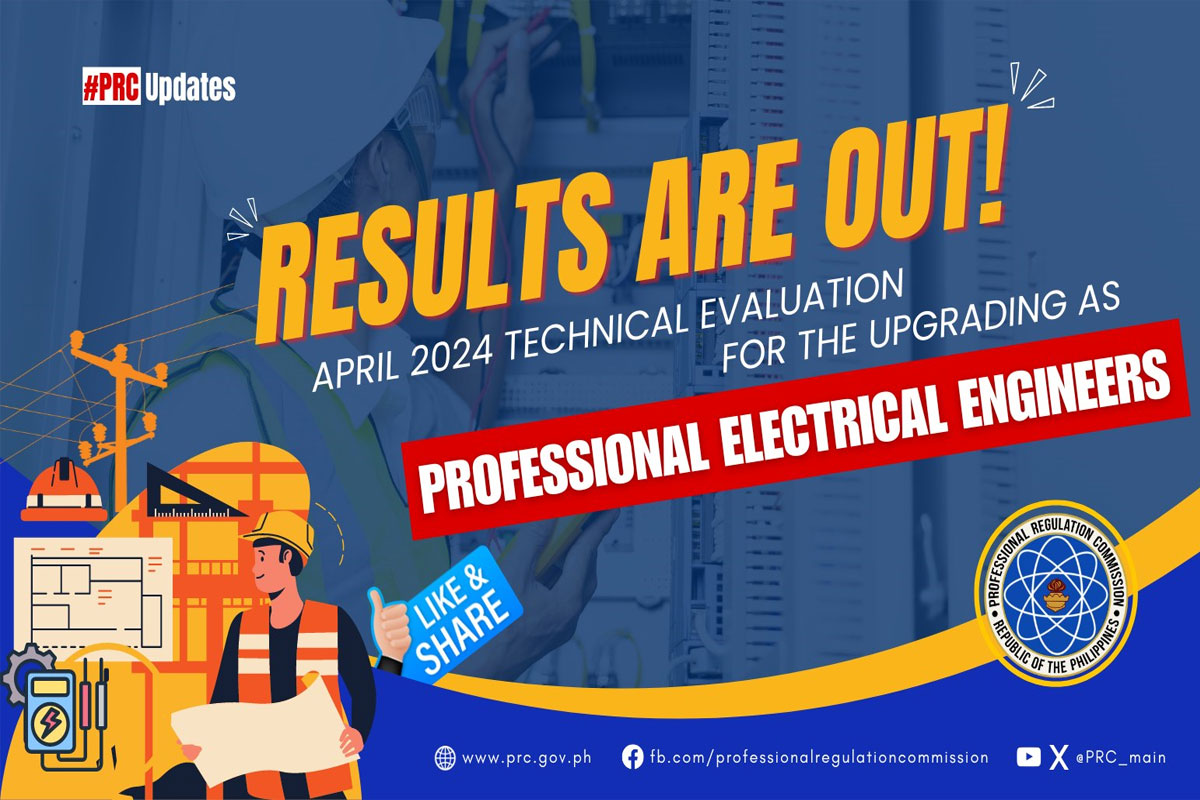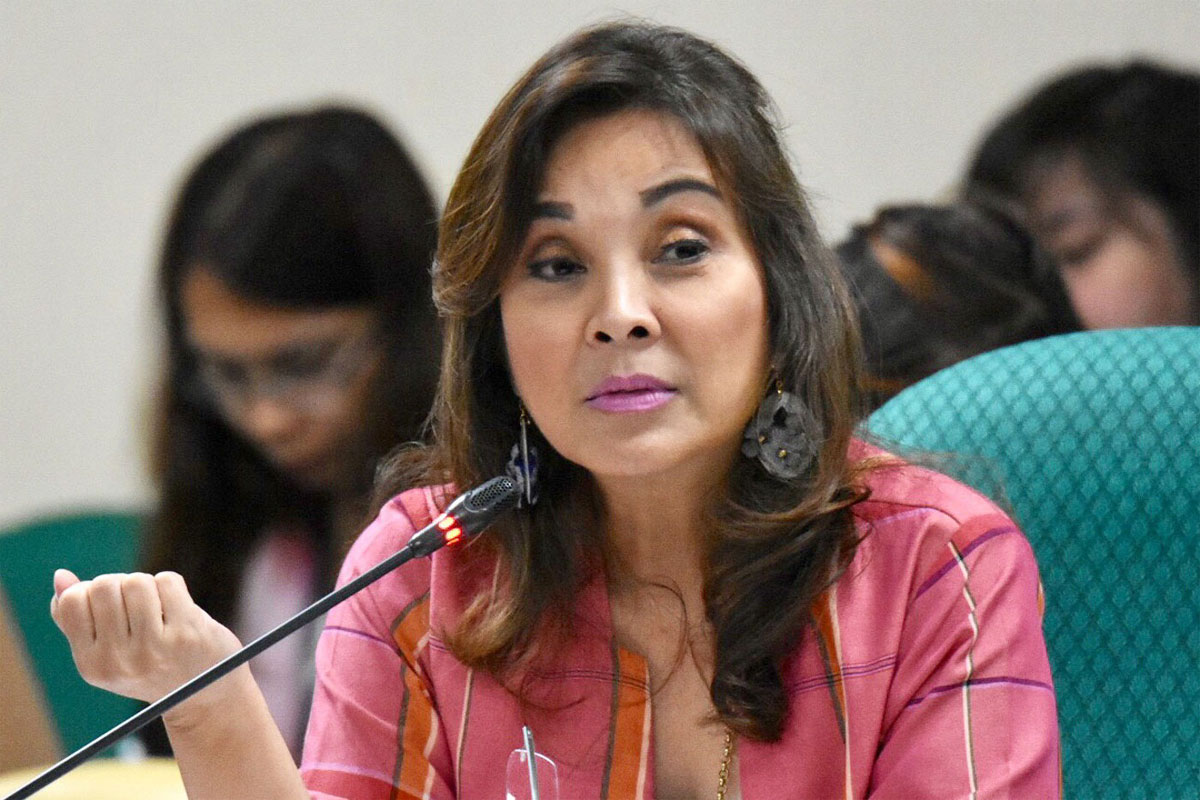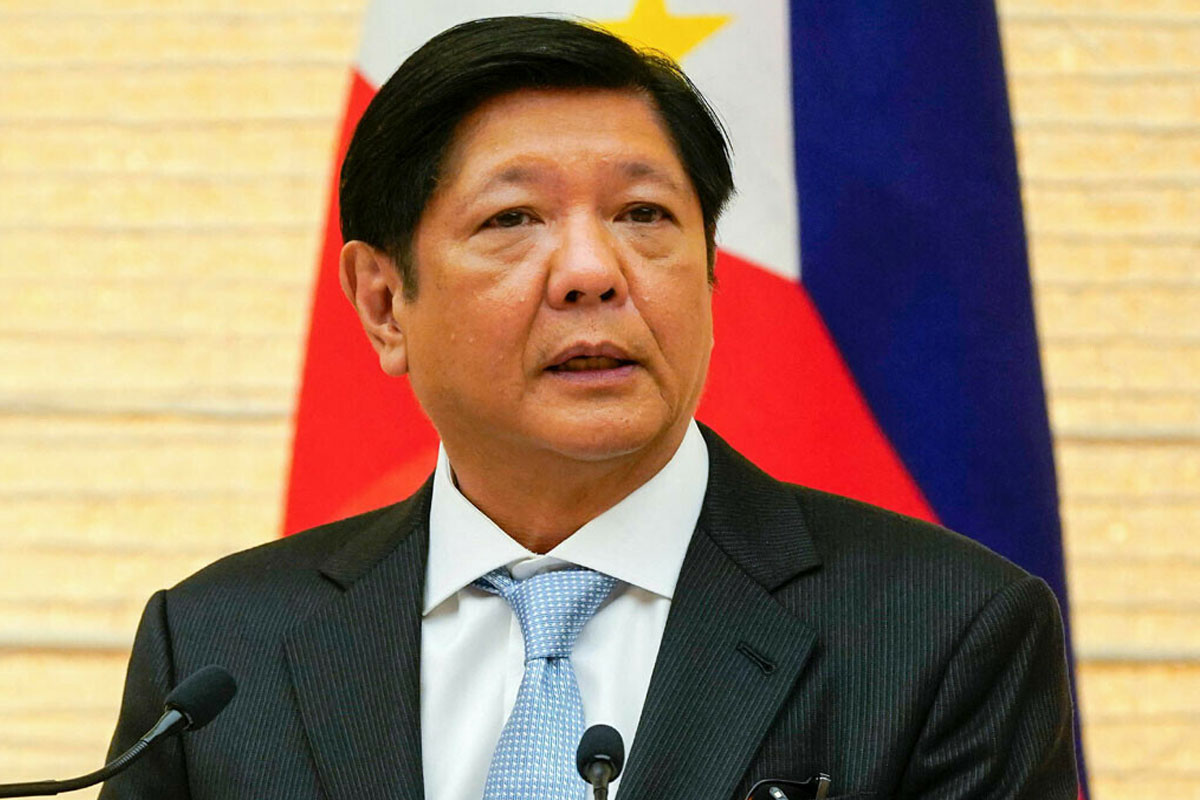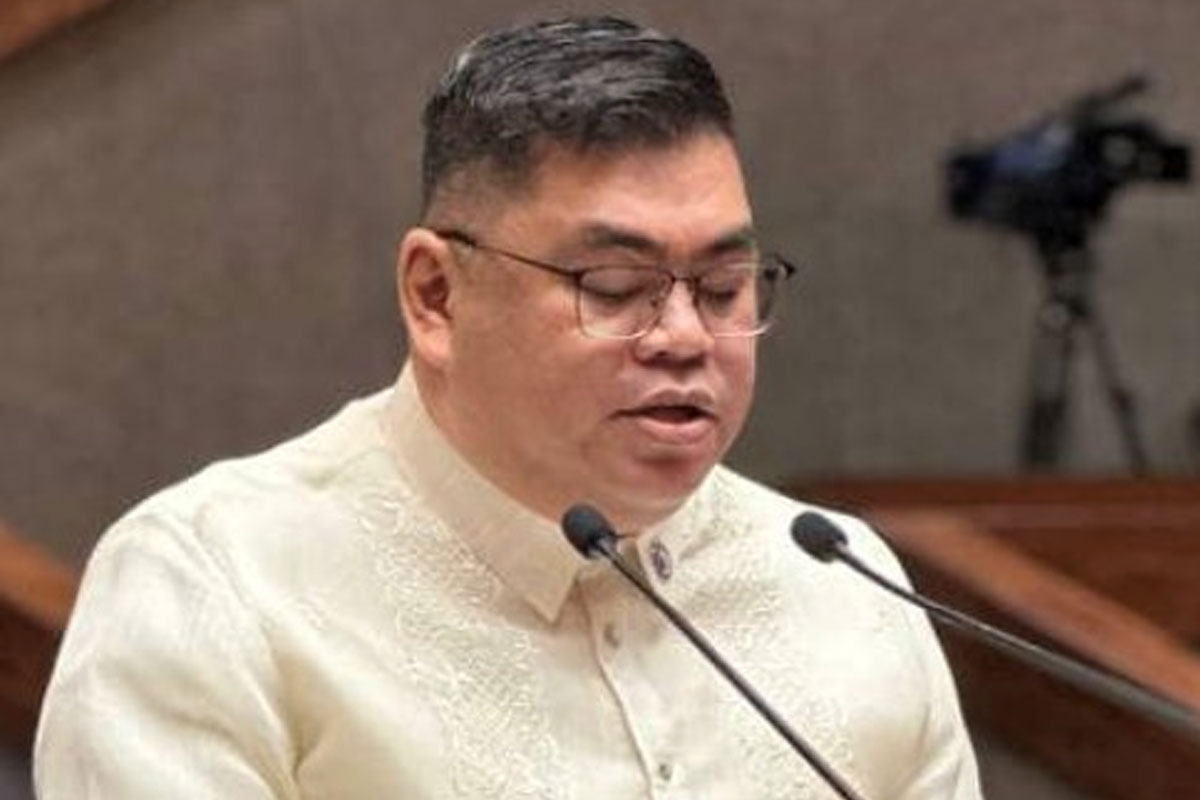
It’s up to Senate to fix ‘antiquated’ economic provisions – LRay
WITH the overwhelming formal support of the House for immediate constitutional reform, Camarines Sur Representative LRay Villafuerte has said “the ball is now in the Senate’s court” on whether the bicameral Congress is ready to help sustain the outperforming economy’s post-Covid growth momentum by ditching the “antiquated” provisions of the 1987 Charter that have been choking the inflow of foreign direct investments (FDIs) needed to boost economic activity and generate jobs.
“Given the supermajority vote in the House for both the resolution and its accompanying implementing on constitutional reform via the Con-Con (Constitutional Convention) route, the ball is now in the Senate’s court on whether to consider fixing in [a] timely fashion the anachronistic economic provisions of the Constitution that have for long put a dampener on FDI inflows,” Villafuerte said.
“Our senators need to give this latest constitutional reform initiative a chance,” he said, “if only out of consideration for the passage in quick succession by the House of Representatives of the resolution establishing a Con-Con to propose economic amendments to the 1987 Charter and the accompanying bill on its operational details such as the composition of the would-be framers and the election of delegates to coincide with the Oct. 30 balloting for Barangay and Sanggunian Kabataan (SK) officials.”
He was referring to the approval on the third and final reading by 301, or almost 96% of the chamber’s 314 members, last March 8 of Resolution of Both Houses (RBH) No. 6 and by the same number of votes last March 14 of House Bill (HB) 7352, which is meant to be the implementing law for RHB 6.
Villafuerte is the president of the National Unity Party (NUP), the second biggest power bloc in the House and whose 45 members all voted for RHB 6 and HB 7352, he said, “in full support for this latest push for Charter Change by the House leadership under Speaker Martin (Romualdez).”
HB 7352 had consolidated HB 4926, which was authored by Villafuerte, with three more similar bills introduced last year on Charter Change via the Con-Con option.
“We have done our part in the House with the nearly 96% vote for RHB 6 and HB 7352,” he said. “It is now up to our senators to consider the Con-Con option in time for the selection of the elective delegates in a balloting to coincide with the polls for barangay and SK officials due on Oct. 30.”
The House-approved resolution and companion bill provides for a hybrid Con-Con with 251 members, comprising elective delegates at one delegate each for the country’s congressional districts, and appointive members to be chosen by the Senate President and Speaker to represent the judiciary, business, academe, farmers and fisherfolk, military, women and youth, senior citizens and persons with disabilities (PWDs), and other basic sectors.
For Villafuerte, “a timely consideration of the Charter Change proposal now pending with the Senate committee on constitutional amendments will reveal to our people whether senators are indeed lukewarm about constitutional reform, as claimed by Senate President Migz (Juan Miguel Zubiri), or a majority of them actually share our conviction that FDI inflows will remain sluggish despite our country’s status as one of the region’s outperforming economies post-pandemic, for so long as we hold on to the constitutional limits on foreign ownership or participation in Philippine businesses.”
He said the timely consideration of the Con-Con proposal will give the Commission on Elections (Comelec) enough time to hold the election of delegates simultaneously with the Barangay and SK polls on Oct. 3, and will be on target with HB 7352’s plan for the would-be Con-Con to convene from Nov. 30, 2023 to June 30, 2024.
But in case the constitutional amendments proposal via the Con-Con route cannot indeed muster enough votes, “We in the House would respect such a decision by a majority of our senators and let this latest initiative on constitutional reform kick the bucket,” Villafuerte said.
“However, at this point, we are appealing to our senators to give serious thought to the timely plenary action on this latest constitutional reform proposal designed to rid the 1987 Charter of its 40%-cap on foreign ownership or participation in businesses that have turned off investors and restricted FDIs,” he said.
“We would only know for sure whether our senators support or not Charter Change via a Con-Con at this early stage of the Marcos presidency if they were to vote soon enough on constitutional reform in time for the scheduled Oct. 30 polls,” he said.
Zubiri said the other weekend that constitutional reform is not a priority in the Senate, because even if “I were to push it… the truth is that we don’t have the numbers for Charter Change.”
Despite the assurance by some House members that they only want to amend the 1987 Charter’s restrictive economic provisions that discourage investors, Zubiri said: “We cannot control the flow of discussions among Con-Con delegates” once it is set up and stop the framers from introducing changes to abolish the Senate and form a unicameral form of government.
Villafuerte allayed Zubiri’s fears of a possible switch from the current bicameral Congress to a unicameral legislature in appealing to the Senate President and the other senators to have “open hearts and minds” on badly-needed constitutional reforms, as “the Con-Con proposal in the House neither has a hidden agenda to marginalize them in the voting on would-be amendment proposals nor to abolish the Senate.”
He pointed out that the House had passed RBH 6 and HB 7352 proposing a Con-Con in lieu of the Congress convening itself into a Constituent Assembly (Con-Ass) to avoid the kind of protracted debates that marred past attempts over whether senators and congressmen are required by the 1987 Charter to vote separately or jointly on would-be proposed amendments.
“Our 36-year-old Constitution is far from perfect, and has long needed a makeover, at least in its anachronistic economic provisions that limit foreigners to 40% ownership of, or participation in, Philippine businesses in the midst of an increasingly borderless world where we see an inrush of FDIs to many countries in our region and elsewhere that have opened wide their economies to international investors,” he said.
Villafuerte sees no dramatic rise in FDI inflows without constitutional reform, as he pointed to the latest Bangko Sentral ng Pilipinas (BSP) data that FDI inflows retreated by 23.2% from US$11.98 billion in 2021 to US$9.2 billion in 2022, even when the Philippines emerged last year as an overperformer in the region despite the lingering pandemic.
He said that even President Marcos’ economic managers apparently expect no significant reversal of this FDI downtrend in the near future, as they had reportedly slashed their FDI target for 2023 to US$11 billion from the original US$12.5 billion.
Another proof that the 1987 Charter is imperfect, he said, is that the fears about the possible marginalization of senators in the voting on constitutional amendments, if not the abolition of the Senate itself—as what Zubiri frets—is the lapse in constitutional provisions that require the Senate and the House to either vote separately or jointly on certain issues, rather than requiring separate voting on all issues requiring congressional consent or approval.
For instance, he said, the Constitution requires both chambers to vote separately on issues such as the declaration of the existence of a state of war, the proclamation of the winning candidate for President, confirmation of the President’s choice of a Vice President (from among the members of the Senate and the House) in the event of a vacancy in the Veep position, and confirmation or not of the Cabinet majority’s declaration that the President is no longer fit to serve as Chief Executive and must be replaced by the incumbent Veep.
However, the Constitution requires the Senate and the House to vote jointly in regular or special session to revoke or suspend the President’s declaration of Martial Law as the Armed Forces’ Commander-in-Chief, or to extend such a proclamation for a determined period, if so requested by the Chief Executive, he said.
As for amendments to or revisions of the Constitution, Villafuerte said the Constitution only requires a two-thirds vote of the Congress to call a Con-Con and a majority vote to submit to the electorate the question of calling such a Con-Con—without stating whether both chambers must vote separately or jointly.
Villafuerte said such a lapse in the manner of voting by the Congress on issues arose because the 1986 Constitutional Commission (Con-Com) that wrote the Aquino Charter started from the premise that the post-EDSA government would have a unicameral legislature but ended up voting by a razor-thin margin for a bicameral Congress—without correcting all provisions requiring congressional voting in the draft submitted to the electorate for approval in the subsequent plebiscite.
As for Zubiri’s point that the Senate would rather devote its time to measures “helping our people,” Villafuerte noted that Charter Change needs to be a priority because the “No. 1 problem of the Filipino majority is basically poverty.”
“We need to create jobs, and in order to create jobs, we need foreign investment, foreign capital. And one source of poverty in the Philippines is our low agricultural output,” he said. “Investors would not consider sinking more investments in agriculture if they will not be allowed to own the land or take full control of enterprises to be used for agribusiness or farm production. They cannot take the farmlands with them anyway if and when they opt to leave their businesses.”
As for his point that the 1987 Charter is not a perfect fundamental law, Villafuerte further said that the Comprehensive Agrarian Reform Program (CARP), which was anchored in our Constitution on the “just distribution” of lands to landless tillers, was a failure because there was no constitutionally guaranteed provision for the CARP beneficiary-farmers for capital and modern technology to ensure their high productivity and incomes.
“There’s a lot of idle lands in the country. We need foreign capital, we need foreign technology to make these lands productive. The purpose of CARP was really to help our farmers. We supported that, but, you know, let’s admit it was a failure in the sense because when we gave lands to the landless tillers, there was no capital for them to pursue high productivity, resulting in low agricultural output and low incomes,” he said.
Villafuerte said, “The overwhelming vote for both RHB 6 and HB 7352 illustrates the broad consensus not only in the NUP but in most of the other political groups as well in the House on the urgency for constitutional reforms.”
“NUP members are one with the Speaker,” said Villafuerte, that additional FDIs are needed to sustain the country’s economic growth momentum, and that tweaking the Constitution could be—in Romualdez’s words—the “final piece in the puzzle” of improving the Philippines’ economic and investment environment.
“The NUP bloc in the House voted 100% for RHB 6 and for HB 7352 on the strength of our belief in the resolution’s view that constitutional reform on economic provisions “has been identified by reputable business and economic groups as one of the key policy instruments that need to be implemented, and is now long overdue.”
Moreover, Villafuerte said there is more reason for the Senate to pass the Con-Con measures soon enough, now that Comelec Chairman George Garcia has told the media that the Comelec is ready if the balloting for Con-Con delegates were to be held simultaneously with the Oct. 30 polls.



